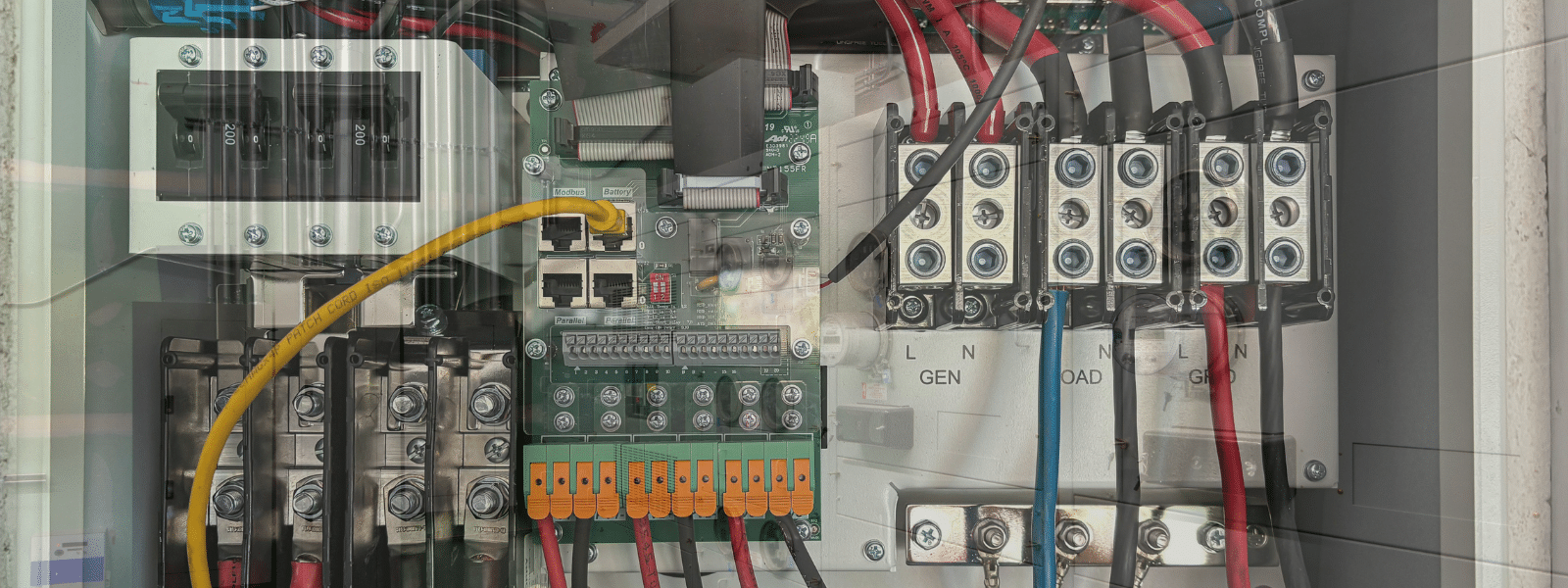Propyl bromide (NPB) is a chemical compound that is commonly used as a cleaning solvent for degreasing precision parts, electronics, and metal. NPB is highly effective at these tasks, but there are several drawbacks to using an NPB cleaning solution in large volume. If your company or organization currently uses NPB for essential cleaning operations, switching to a replacement cleaner that has a better safety profile is a smart move for the following reasons, among others.
Effect on Workers
“In 2013, a peer-review panel convened by the U.S. National Toxicology Program unanimously recommended that 1-bromopropane, be classified as [a] reasonably anticipated human carcinogens” (Wikipedia). In addition to potentially causing cancer-related ailments, NPB solvent is known to cause confusion, slurred speech, dizziness, paresthesias, and unusual fatigue, to name a few. NPB exposure can cause both chronic and acute health conditions in workers.
Cost of Use
NPB is often remarkably cheap to purchase, but the cost savings can be offset by the following financial situations: settlements for personal injury cases, more sick days taken, diminished business productivity due to negative health conditions in workers, and payouts for workers compensation claims. Many companies don’t budget for these types of expenses. So, it only makes sense to replace NPB solvent with a cleaner that has a better overall safety profile.
EPA Regulations
In 2012, the EPA stated that, “Based on a work plan developed under the Toxic Substances Control Act of 1976, it will begin a full risk assessment of 1-Bromopropane” (Wikipedia). If history is a guide, the EPA’s risk assessment is likely to result in NPB being added to its official list of hazardous air pollutants (HAPs). That is why it’s important to proactively search for NPB solvent replacements. If you wait too long, you may have to use a new cleaner on short notice.
Environmental Impact
In animal studies, NPB has demonstrated a negative impact on the health of animals. In fact, “Animal studies of [NPB] have showed that it is a carcinogen in those models. Rodents exposed to [NPB] developed lung, colon, and skin cancer at higher rates” (Wikipedia). In addition to protecting your workers from NPB exposure, replacing NPB solvent with a safer option will also help protect the environment, and help put you in good standing with other “green” companies.
Need an NPB Solvent Replacement?
If so, you have come to the right place. For years, Ecolink has offered an array of environmentally-preferred, drop-in replacement cleaners for NPB solvent. We also create custom replacement solutions that are tailored to your unique set of cleaning requirements. If you can’t find what you need in our online store, visit the custom order page on our website, and get started on acquiring a specially formulated solution that is made for your specific needs.
If you are ready to place an order, call us today at (800) 563-1305, or use the contact page on our website. With us serving as your trusted supplier of readymade and/or custom cleaning solutions, there is no solvent-based, industrial cleaning requirement that you can’t address.















